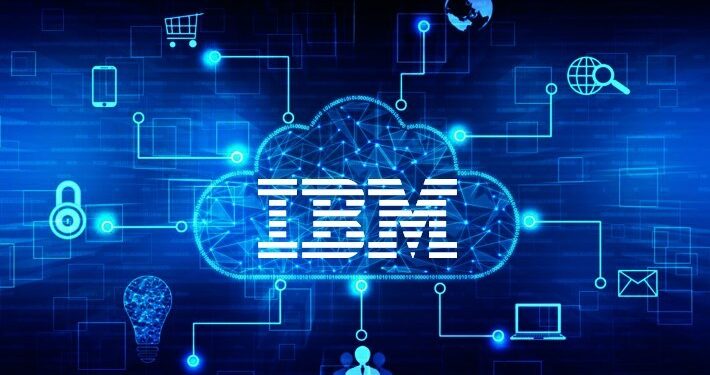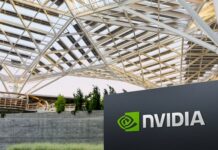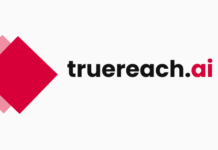The year 2020 will go down in history as perhaps the most challenging and traumatic of the 21st century. This year, the definition of ‘normal’ changed completely for everyone, and the open source community was no exception.
This community, which is known to work for important causes without expecting much in return, has had to make some hard choices in light of the global crisis. In its Currents report titled ‘Impact of 2020 on Open Source’, DigitalOcean focused on one such fundamental choice — should open source contributions be free?
OSFY talked to Raman Sharma, VP product marketing, DigitalOcean, on the Currents survey, the role of DigitalOcean in the open source space, and his thoughts on the growing open source ecosystem.
Q. What prompted you to do this interesting study?
We started Currents, our seasonal report, as a way to keep up with the technologies and tools that developers are most interested in and provide a way to help them achieve their goals. We also wanted to share our findings with the community. We decided to dedicate one of our annual reports entirely to open source because of how critical it is to both our work and our community.
Q. How did you conduct this survey covering 9000+ respondents?
The global survey was conducted in-house and was open to the entire community. We shared it with our networks to gather responses, but it was not limited to our customers.
Respondents who completed the full survey were eligible for a ‘Sammy’ sticker or could opt to have a tree planted on their behalf in the DigitalOcean forest.
Q. Why focus on the aspect of ‘getting paid’ for open source works?
The survey focuses on a few key areas:
- Participation trends in open source and the impact of the pandemic
- Inclusivity and ethics in open source
- The economics of open source
The question of whether or not individuals should be paid for open source contributions is one that we have heard repeatedly from our community and across the industry, especially since open source has become more mainstream for enterprise use. Most of the individuals who contribute to these projects are unpaid, yet spend a large amount of time working on them. By addressing this question in our survey, we wanted to understand the varying perspectives that our community has around who should get paid and if so, who should fund such payments.
Q. What is the message you want to communicate through this study to the companies tapping into the power of the community?
The open source community continues to thrive and is powered by a number of very passionate and active contributors. Companies should continue to find ways to support this ecosystem as open source is driving great innovation throughout the industry.
Q. How does DigitalOcean relate to the open source ecosystem?
At DigitalOcean, we live and breathe open source.
- We contribute to open source projects that we use internally for our own product operations, e.g., Kubernetes, Ceph, KVM, Qemu, and rsyslog.
- We open source parts of our own code base.
- We provide an easy path to use many open source software packages on our cloud products (e.g., VMs pre-configured with OSS packages in Marketplace, support for many open source languages and frameworks in App Platform, and ease of using many open source databases through Managed Databases).
- We sponsor many open source projects.
- We conduct the largest open source hackathon in the world, Hacktoberfest.
- We have built the largest online repository of free high-quality tutorials around all kinds of open source software.
- We conduct regular surveys to get a pulse of the open source community and the issues it faces.
Q. Does DigitalOcean contribute to open source projects? If yes, can you share the details?
We actively contribute to many open source projects like KVM, Ceph, Kubernetes, and Linux. These are foundational to how we run our operations, and we believe in giving back and continuing to support the open source ecosystem.
Q. How do you see the open source developer ecosystem affecting the fortunes of PaaS players?
Early versions of PaaS were criticized for not being open enough and forcing vendor lock-in. However, more and more cloud providers have embraced open source specifications in their managed/PaaS offerings.
We have also taken a similar stride with App Platform, which is our latest PaaS offering. It avoids vendor lock-in and allows customers to lift and shift their workloads, should they desire to do so.
Q. What is DigitalOcean’s USP for developers as compared to the more open source friendlier players such as AWS, Azure, Google Cloud, Oracle, etc?
DigitalOcean is known among developers for the community and its simplicity. The simplicity of our product experience lowers the adoption barrier. Our pre-built marketplace images for various open source software such as WordPress, Postgres, GitLab, etc, are the easiest way to get acquainted with and use these technologies. Through our community programmes, we also encourage hundreds of thousands of developers worldwide to contribute to open source.
Q. How do you fare on the price front when compared with these players?
We have a reputation for providing one of the best price-performance ratios in the industry. We also offer extremely generous network and bandwidth economics. Our transparent and predictable pricing also differentiates us in the industry — our goal is to ensure customers are never surprised by their DigitalOcean bills.
Q. What is the level of support you provide to those who are trying out your platform?
We provide world-class support to all our customers. In addition, we also maintain a community Q&A forum, which we monitor closely to help and troubleshoot issues for anyone using DigitalOcean or even to resolve issues pertaining to general cloud topics.
Q. How do you see DevOps emerging in the decision making or influencing role?
The definition of DevOps changes from company to company. For some, it is just a collection of tools. For others, it is a set of processes and best practices, while for some others, it is a philosophy and a way of life around how software should be built and deployed. Regardless of the definition, one thing is clear—DevOps is becoming critical in software development. In our experience, more and more developers are now required to understand the operational elements of managing and monitoring the infrastructure. At the same time, more and more traditional ops and IT teams are required to understand how apps are architected and composed together. Bringing together people in both operations and IT better equips teams to inform and even make decisions around spending on cloud providers and developer tools.















































































